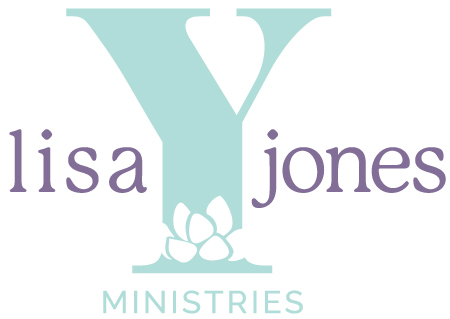One of the main conversations we have with our coaching clients and Financial Peace University class members is about life insurance.
It is a confusing subject and I was not surprised when I discover that most people are under-insured.
I, like many, had the wrong kind of insurance for a very long time. It was only when Keith and I started learning what it meant to achieve Christ-centered financial wellness that I began to understand the purpose of life insurance.
I've learned a lot over the years and Keith and I are now properly insured. Today I want to make sure you have the info you need to put your mind at ease about the subject. Here's what you need to know about life insurance.
Who needs it?
If someone depends on your income and you are not independently wealthy, you need life insurance.
If you single with no kids, you may consider legacy funding. This means you’re leaving funds for love ones and not a spouse or children
Everyone needs enough coverage to take care of final burial expenses.
Everyone can use life insurance as a way to add protection for long term care. It’s not a primary way to use life insurance, but does add secondary value. I always include this no cost coverage on policies written for our clients.
What kind of policy?
The answer is “it depends.”
If you’re in debt, purchase term, not whole life.
"Whole life" also means universal life or indexed universal life.
Term insurance is cheapest. It provides coverage for a set time period and then expires.
When you’re getting out of debt, you want to keep as much money going to debt reduction as possible.
Term gives you the temporary coverage you need until you can begin to use the tool to build wealth.
There is a way to convert term coverage to indexed universal life, depending on the policy.
Indexed Universal Life (IUL) is the latest version of whole life.
I have not always believed in indexed universal life.
Then Keith and I got out of debt and realized we needed another vehicle to build wealth.
The more research I did, the more data I found showing life insurance as a key part of the wealth strategy for those with a high net worth.
While it’s not for everyone, it is a product that should be considered.
How much coverage?
The definition of good coverage is at least 10 times your annual income. That means you need at least $500,000 in coverage if you make $50,000 a year.
Don't forget to insure stay at home parents.
Just because someone does not work outside the home does not mean they do not add value.
If a stay at home parent dies, the surviving parent will need to pay someone to pick up the slack.
Typically, the amount of coverage would be between $250,000 and $400,000 depending on the total household income.
How long do I need coverage?
It depends.
If you are married and have a mortgage, you certainly want a policy (either term or IUL) that will cover the mortgage if one of you passes away.
That means you each need a policy at least the size of the mortgage.
That will allow the home to be paid off when you die so your spouse does not have to carry the mortgage on their income alone.
Not married but have a mortgage? You can instruct your executor to sell the house when your estate is liquidated. Yet another reason everyone needs a will.
The bottom line is you need to review your full financial goals before you can make the decision.
Where do you get it?
Most employers offer some level of term life insurance, typically in multipliers of your income. It can get expensive when you want a larger volume of insurance. It is also not stable, since it will change when your employer changes.
Supplemental policies keep you from putting all of your insurance eggs in one basket. You definitely want to have other policies outside of work, in case you lose your job or become ill.
For your extra coverage, work with an insurance broker not a company agent. This is someone who represents multiple companies instead of just one. They will help you choose the best policies for your needs.
Who are the beneficiaries?
Name anyone who relies on your income as your beneficiary. You can also name charities and organizations as beneficiaries.
Review your beneficiaries every few years to make sure they are current. We made our estate the beneficiary of all of our policies. That means everything is updated when the will is updated. We review our will every two years.
Don't make your kids your beneficiaries if they are under 18. Most states won't allow minors to receive insurance proceeds. Choose a trustee to receive the proceeds on behalf of your children. Detail everything in your will to avoid confusion.
Have you picked up the need to have life insurance and a will? I hope so!
Click here for your FREE life insurance review
I am happy to do a FREE analysis of your insurance needs if you're interested. Contact me and we'll review your coverage to make sure it is sufficient.
Ezekiel 38:7 says “Be prepared. Yes, prepare yourself...You must watch and be ready." The best way to be prepared financially is by having adequate life insurance and a will.
And feel free to check out this great guide from Consumers Advocate for more details on how to choose the policy that is best for you and your family.
How adequate is your life insurance coverage? And do you have a will? I would love to hear your thoughts on the subject.
Login to share. (Click here for tips on how to login.)
Until next time...be well...be encouraged.



